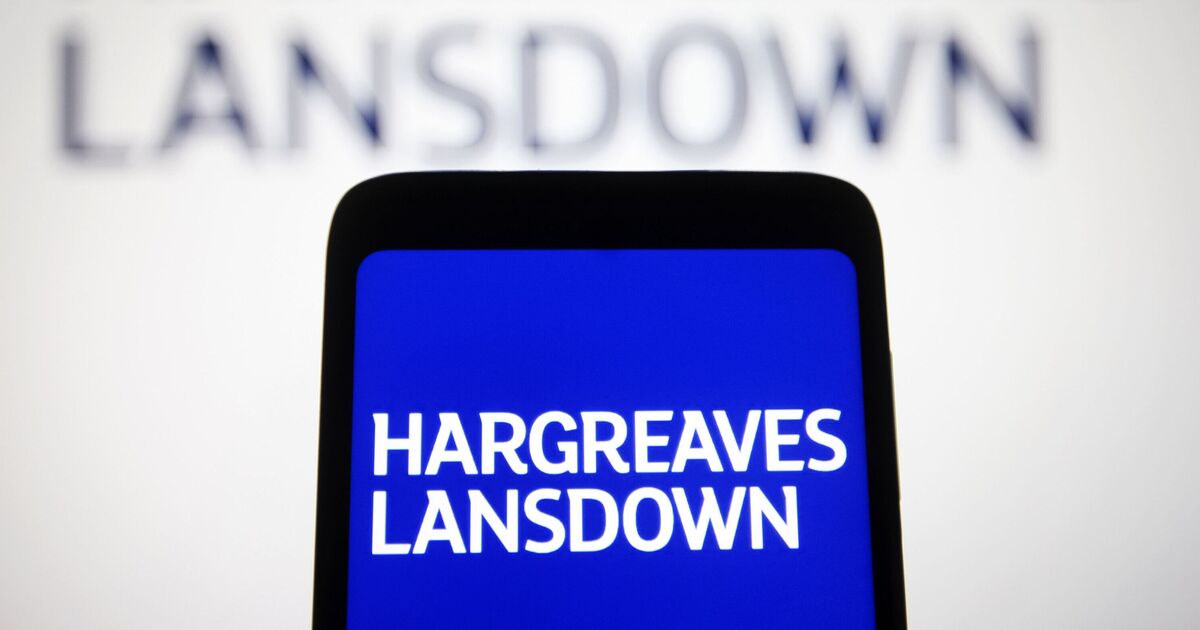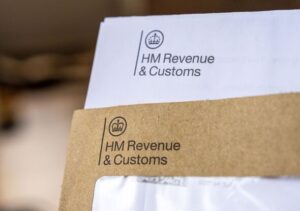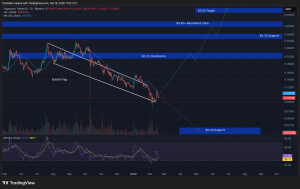
Investment platform Hargreaves Lansdown is urging anyone with savings to beat Rachel Reeves’ rumoured Cash ISA raid.
There are rumblings that the Chancellor may be looking at scrapping or reducing Cash ISA eligibility in her March statement and now financial experts are urging people with savings to get ahead of any possible changes.
Currently, Cash ISAs allow savers to put away up to £20,000 a year tax-free without owing any tax to HMRC.
Workers are able to earn £1,000 in savings interest tax-free, but this is cut to just £500 if you earn over £50,270 and £0 if you earn £125,000.
With savings rates hitting 5%, it would take just £10,000 in savings for a higher earner (£50k+) to be made to pay tax on the interest, and just £20,000 for a basic rate taxpayer, in a single year, but a Cash ISA shields all money paid into these accounts from being taxable by HMRC.
Hargreaves Lansdown is telling savers to get ahead of rumoured changes by ‘acting now’.
It said: “Rumours are circulating that Rachel Reeves could cut Cash ISAs in the Spring Statement on 26 March.
“If you’re planning to open a Cash ISA this year, it’s best to act now, rather than leave it to the last minute.
“And you can get one of the highest Cash ISA fixed rates with HL today.
“Get one of the highest Cash ISA fixed rates at 4.45% AER/Tax-free
“We’ve secured one of the highest one-year fixed rates for our Cash ISA clients. Minimum opening amount is £500.”
Other easy-access cash ISAs currently available include Trading212, which offers 4.9% (boosted to 5.0% if you hit certain eligibility criteria) and Plum at 5.05%.
For a one-year fix. OakNorth Bank offers 4.46% and Secure Trust Bank 4.41%.
As reported in the Financial Times, the idea of possible Cash ISA changes are based on pushing savers to invest in stocks and shares instead.
By reducing Cash ISA allowances, it is thought that savers would turn to Stocks and Shares ISAs instead, which currently enjoy the same tax breaks on deposits up to £20,000 but are higher risk because the money is being invested instead, and your balance could go down as well as up.
In turn, a boost to stock investments may produce some of the much-vaunted growth that the Chancellor is hoping to see in the UK economy.

















